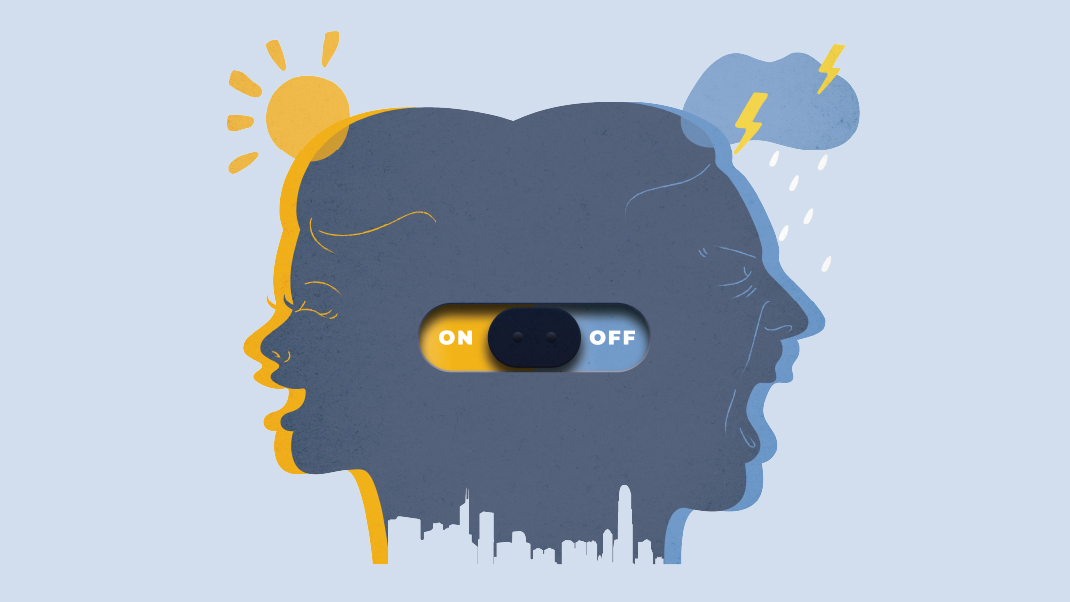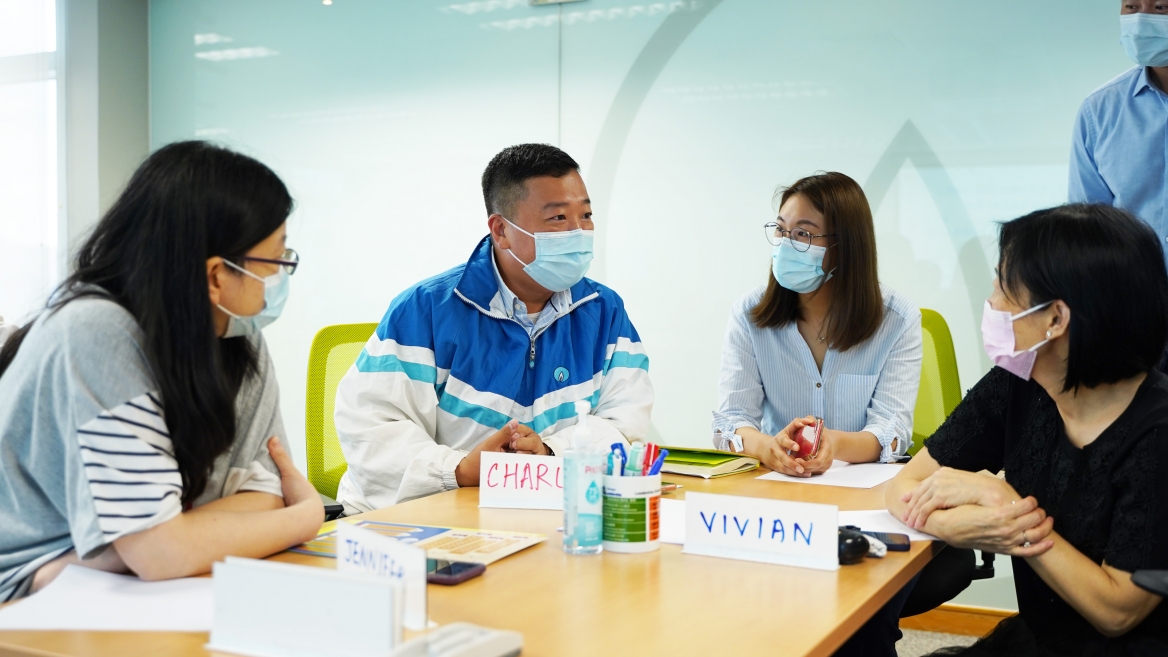5 OCT, 2020
Social & Emotional Resilience of Youth in Hong Kong
Written by : Ambrose Wong

Resilience has been frequently discussed over the years, as it relates to a wide range of youth topics, including youth’s depression, suicide, bullying, academic stress and so on. A low resilience level is often suggested as one of the root causes of youth’s incompetence in dealing with challenges in life. However, the meaning of “resilience” varies in the above contexts, and the discussion could become more nuanced once we define the term clearly. Rather than defining resilience as an innate personal trait, this paper ascertains resilience as an ability that could be nurtured through intentional care, as the first step to initiate relevant discussions.
In fact, the data published by Organisation for Economic Co-operation and Development (OECD) in 2018 had shed light on the level of resilience of Hong Kong youth. While our 15-year-old students ranked third in the world in terms of academic resilience, they came in the bottom 8 in terms of social and emotional resilience. This is notwithstanding OECD’s finding that, in most countries and economies, both figures tend to be positively related. Hence, this paper attempts to analyse countries and regions which place emphasis on emotional and resilience education, in order to come up with suggestions to strengthen students’ self-understanding, self-expression, emotional regulation etc. via policies, curricula and further research. We especially highlight an educational approach known as Social and Emotional Learning (SEL) that correlates with youth’s level of resilience and could be a sound reference for Hong Kong’s emotional and resilience education.
This paper concludes three key success factors from the overseas examples. Via in-depth interviews with local expert interviewees, we have grasped how Hong Kong differs from other countries and regions. The three factors include –
1) Social and emotional competencies are included as overarching education policy goals;
2) Policy requirements for social and emotional competencies to be taught as a subject(the standalone approach), and/or for measures conducive to relationship-buildingand a positive school climate (the whole-school approach); and
3) Room for SEL programmes and experimentation by other stakeholders outside the education system
Lastly, the research team sincerely hopes that the paper could facilitate a more thorough understanding of emotional and resilience education; and expects highly that the Government and relevant stakeholders could advance it with reference to the aforementioned three success factors.






